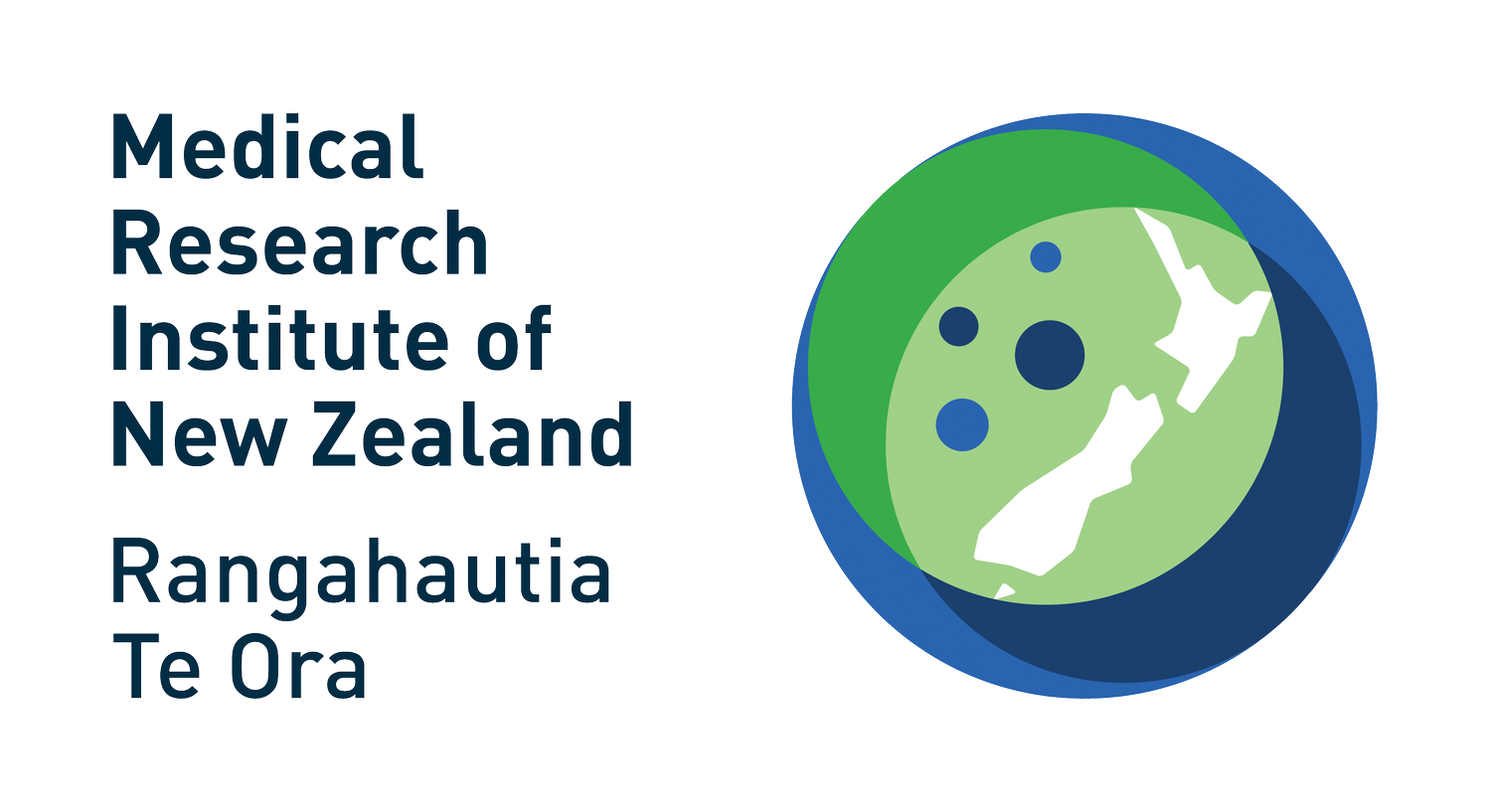International asthma recommendations are following New Zealand's lead
International asthma recommendations from the Global Initiative for Asthma (GINA) have been changed to follow a similar approach to New Zealand's guidelines, which our Director Professor Beasley led the 2020 update on for the Asthma and Respiratory Foundation NZ.
Evidence supporting these changes comes in part from findings of asthma research by the MRINZ here in Aotearoa. This is a wonderful acknowledgement of the contributions made by our volunteers and staff whose efforts are helping to improve asthma care not just at home, but globally!
Cartoon by Dr Ciléin Kearns (artibiotics)
Two of the three large randomized controlled trials conducted on the safety and efficacy of a combined 2 in 1 reliever therapy were funded by the Health Research Council of New Zealand and are the only independent trials in the field. Although leading the field in asthma research, asthma is a growing problem in Aotearoa with one in seven children and one in eight adults living with the condition. Māori, Pacific peoples, and those in more socioeconomically deprived neighbourhoods are disproportionately affected with higher rates of asthma, hospitalisation, and death, and lower rates of being prescribed standard care. A report by the ARFNZ recommended that urgent new and extended programmes are needed to reduce the severe ethnic and socio-economic inequalities in respiratory disease.
Cartoon by Dr Ciléin Kearns (artibiotics)
Tuesday 4 May is the inaugural New Zealand Asthma Awareness Day - Aotearoa Te Rā Whakaarohia te Huangō. Dr Fingleton will be taking part in a live Q&A from 1.30 to 2.00 PM on the ARFNZ Facebook page to discuss asthma-related issues and answer questions from the community.
"This is a fantastic opportunity to share and promote awareness, and encourage self-management of asthma," says James. "I’m very happy to take the time to share respiratory health knowledge and awareness with our community."
The MRINZ is currently expanding on this research with the CARE study to find out if the approach of using a 2 in 1 reliever therapy is also the best way to manage mild asthma for our tamariki. This study is being funded by the HRC and Cure Kids, and you can learn more about it here.
Read more:
Full story (from which highlighted excerpts were taken)



